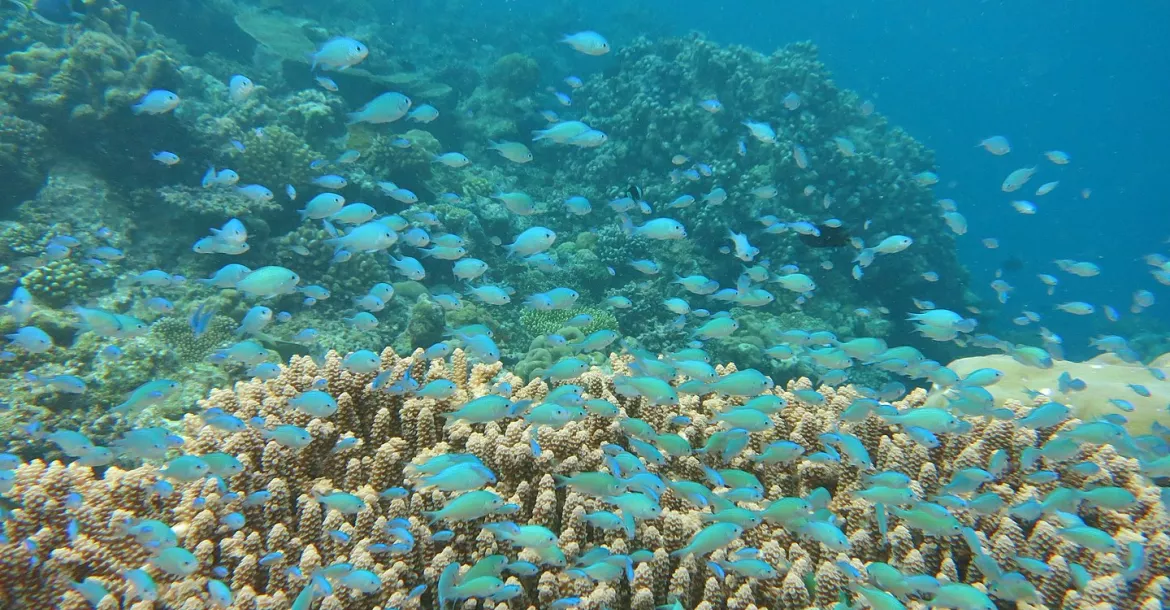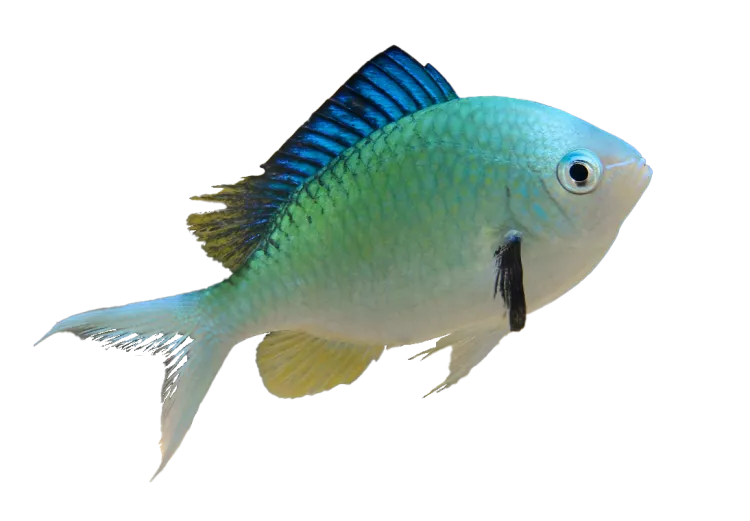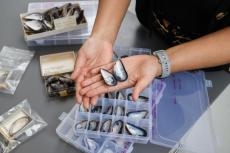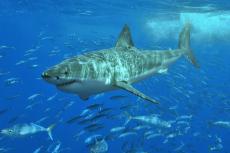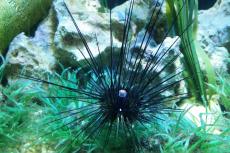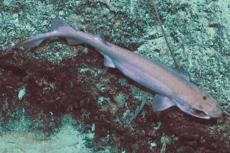Fish trust friends in a crisis
The presence of 'friends' versus 'strangers' affects how fish respond to a predator threat.
In social animals living in the wild, individuals rely on their buddies to alert them if a predator is lurking.
All animals aim to balance the risk of predation against the energy investment necessary to execute an escape, to maximise the number of correct reactions (e.g. reacting to the presence of a predator) and minimise reactions to inaccurate information (e.g. reacting to harmless stimuli).
While we typically attribute the long-lasting bonds of social familiarity to complex thinkers like humans, growing evidence indicates that we underestimate the importance of friendship networks in seemingly "simple" animals, like fish, and its importance for survival in the wild.
In fish groups (i.e. schools), individuals also depend on social cues to survive. One of the main forms of defence from predation in fish is the fast-start response, which is a rapid, anaerobically driven acceleration, typically in response to a threat stimulus.
Scientists studied how the presence of 'friends' versus 'strangers' affected how fish responded to a predator threat. Using social groups of the tropical damselfish Chromis viridis, researchers tested how familiarity through repeated social interactions influences fast-start responses.
In stable social groups, familiarity develops through repeated interactions among individuals, allowing them to acquire knowledge of group-mates’ behaviour in various contexts (e.g. feeding, defence) and to develop an individualised role within their group.
Conversely, unfamiliar individuals pose a number of threats to a stable group, such as harm to offspring or competition for resources.
A matter of trust
The presence of 'strangers' seemed to distract fish, making them react more slowly and greatly increasing the chance that they would become lunch for a hungry predator when in the wrong social scene.
The scientists believe that their results come down to trust; Individuals will alter their sensitivity to social information based on the level of familiarity in the group and hence trust in the information’s accuracy.
Trust among individuals is critical. This is true for humans as well as many other species, including fishes.
Study co-author Jacob Johansen, Ph.D.

